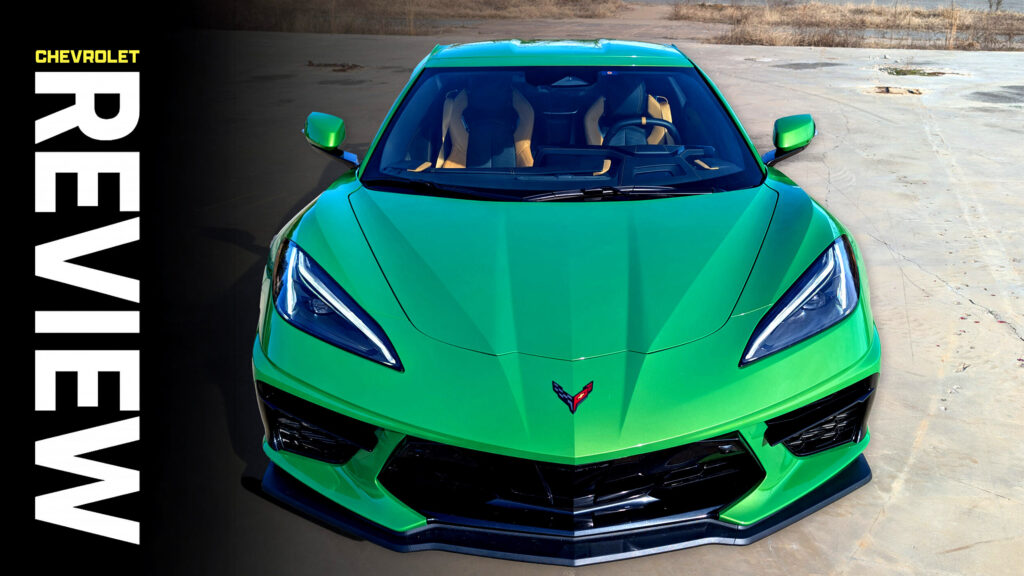The automotive landscape is undergoing a significant transformation as Stellantis, a major player in the industry, pivots away from its all-electric ambitions, particularly with the Ram 1500 REV pickup. This shift is not merely a corporate strategy; it reflects a broader consumer sentiment that favors choice over mandates. For years, regulatory bodies have pressured automakers to conform to an electric-only future, often disregarding market realities. The lack of consumer enthusiasm for electric vehicles, coupled with the practical needs of truck buyers, has forced Stellantis to reassess its approach, leading to the decision to develop a range-extended hybrid instead of a fully electric truck. This move signals a critical turning point in the automotive sector, where consumer preferences are finally taking precedence over political agendas.
Stellantis's strategic shift under CEO Antonio Filosa emphasizes flexibility in vehicle platforms, allowing for a mix of gas, hybrid, and electric drivetrains. This approach not only addresses the immediate concerns of consumers but also positions the company to adapt to evolving market demands. The return of the Hemi V8 and the introduction of hybrid options across various models illustrate Stellantis's commitment to delivering power and performance that resonate with its customer base. As other automakers like Ford and GM also reevaluate their electric strategies, it becomes clear that the push for EVs must align with consumer needs rather than regulatory pressures. Ultimately, Stellantis's decision underscores a vital lesson: the future of the automotive industry should be shaped by consumer choice, not dictated by government mandates.









